Nationalism, 1980s onwards: Contesting Multiculturalism
Multiculturalism itself is not a settled concept—even though it is legislated in Canada—and it continues to be developed or contested in various ways.
Nationalism, 1960s onwards: Multiculturalism
In the 1960s and 70s, the unified vision of a culturally homogeneous nation run by elite white men was fractured by civil rights movements against racial discrimination, the women’s movement, and the Quiet Revolution in Quebec. The Quiet Revolution, which became noisier over time, led to the referendums on sovereignty in 1980 and 1995 because of the division between federalist and sovereignist political factions.
Canada Reads
Canada Reads is a CBC Radio program that was launched in English in 2002 and in 2004 in French as Le Combat des livres. Over the course of a week in five one-hour segments, five celebrity judges champion a book and engage in debate about which one Canadians should read. Each day a book is voted off the list until only one is left standing. The format of the program is often compared to reality TV shows such as Survivor. The show playfully foregrounds conflict in its branding, using taglines such as “battle of the books” or “literary title fight” (CBC). That said, the champion book carries a lot of cultural cachet and the show has had enormous impact on the development of a popular Canadian reading public.
Nationalism, 1950s–1970s: Cultural Nationalism, the Massey Commission, and Thematic Criticism
A form of nationalism particularly relevant to the study of Canadian literature is cultural nationalism, which argues for the support, recognition, and preservation of cultural institutions and products as necessary elements of national identity. This nationalism has sometimes been driven by a desire for self-articulation and sometimes by cultural protectionism.
Nationalism, late 1800s–1950s: Canadian Immigration and War
In the nineteenth century, Canada created assimilationist legislation for the governance of Aboriginal peoples (see especially the Indian Act of 1876), producing the residential school system among other initiatives that sought to eradicate cultural differences.
Nationalism, 1800s: Loyalism and Nation-building
Loyalism, still strongly colonial rather than national at this time, helped develop a problematic and still pervasive collective concept of Canada as a white, Christian, primarily Anglophone, civil society.
Narratives of Empire: Hearne and Mackenzie
The stereotype of the explorer is a single European man, often pictured standing at the bow of a ship looking off to the horizon, or planting a flag on some new territory to claim it for the empire.
Orature and Literature
Many early anthropologists argued that all societies transition from hunter-gatherer, to nomadic herding, to agriculture, to the formation of large cities in the same way, and that the later stages were superior to the earlier ones. Anthropology has moved on from this idea; however, the idea that certain societies are superior to others is connected with other widespread ideas such as the myth of progress (new technologies are invariably better), Whig history (past societies are evolving towards democratic freedom), Social Darwinism (the fittest humans survive best, so the poor should be left to starve), and Scientific Racism (whites or Caucasians are at the top of an evolutionary ladder).
Nationalism, 1500–1700s: Exploration and Settlement
The development of cultures and nation states is characterized by migration (see Diamond and Wolf). With the advent of new technologies to connect people all over the world, such as airplanes and the Internet, this slow migration accelerated in the twentieth century, and continues to gather speed. This phenomena, also known as globalization, reflects the shift toward the colonial expansion of empires, starting in Canadian history with English and French colonization and continuing as well as in more contemporary forms of international immigration and trade.
Shifting Representation: Ronnie the Bren Gun Girl
Despite the hyper-masculinity of early to mid-twentieth century modernism, representations of gendered spaces and relationships began to shift with the World Wars, which produced the need for women to play a greater role in public life. Much of this shift was influenced by the need for women to work in factories, filling the positions traditionally held by the men now risking their lives at the front.








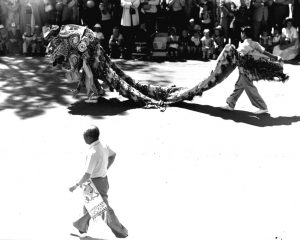

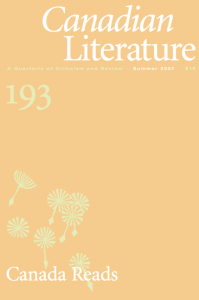
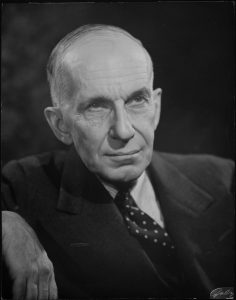
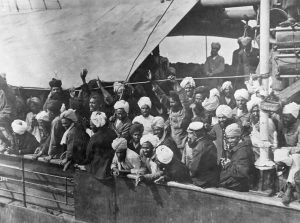
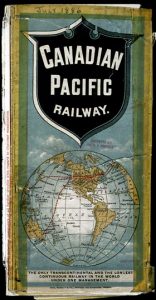

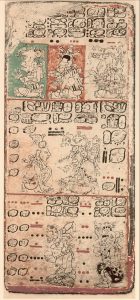
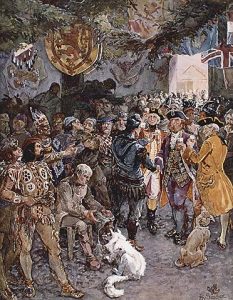

 ©
©